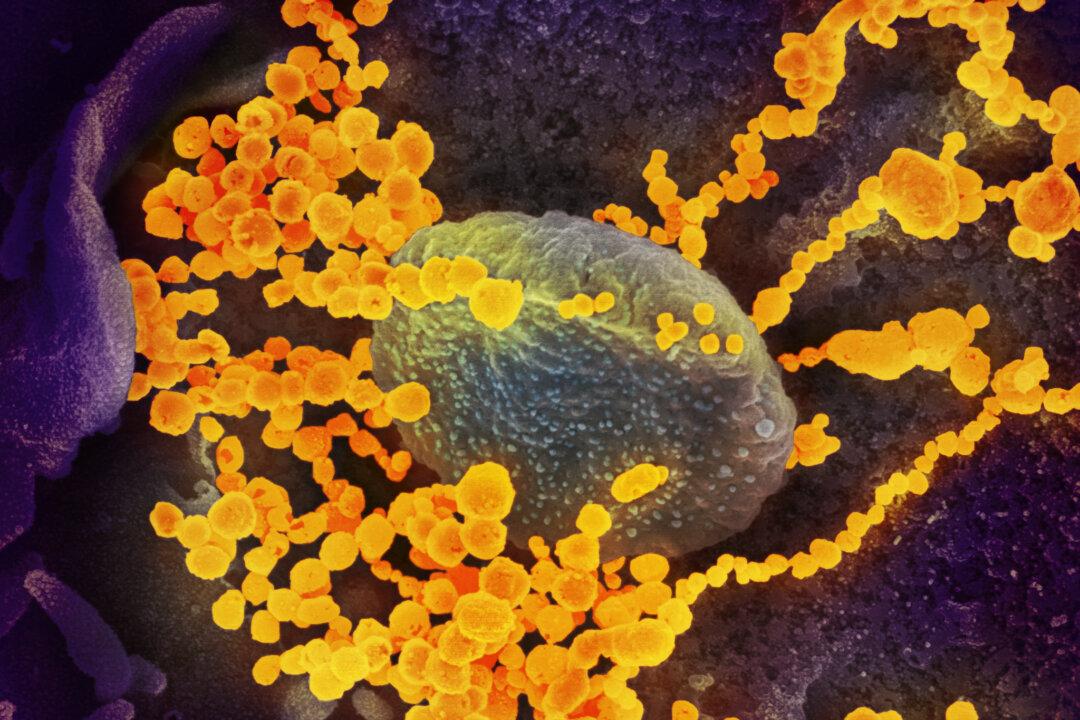Children with natural immunity were better protected from COVID-19 infection and hospitalization than children who were vaccinated, according to a new study.
Children aged 5 to 11 with post-infection protection, or natural immunity from an infection with Omicron or a subvariant, and no vaccination had 88.4 percent protection against reinfection, researchers in North Carolina found. That was compared to 59.7 percent protection against Omicron from a primary series of a messenger RNA vaccine, or two doses of vaccine from Pfizer or Moderna, among the uninfected.






